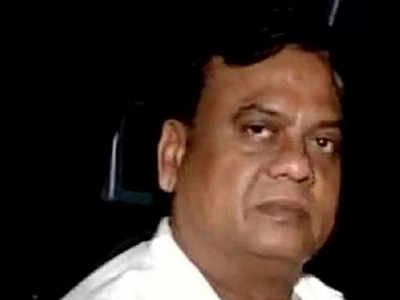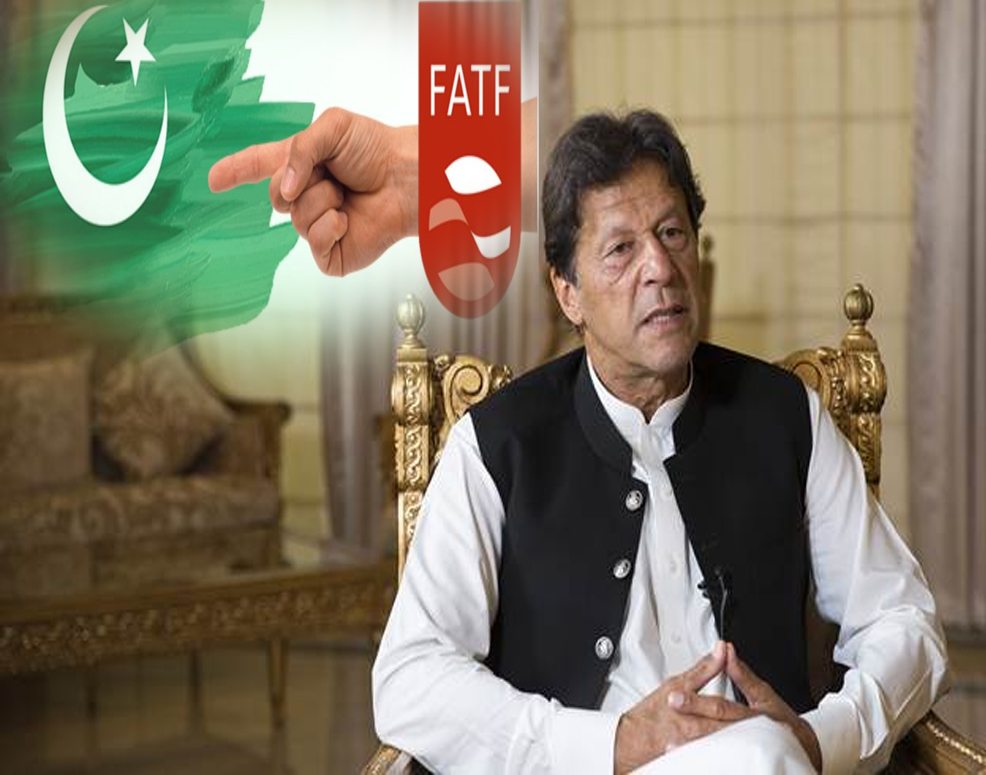‘Interference’ in judicial selections, transfers does not augur well for the institution: Supreme Court

[Edited By: Gaurav]
Monday, 23rd September , 2019 07:16 pmThe Supreme Court on Monday issued a general reprimand against “interference” in judicial appointments and transfers, saying such intrusions did not “augur well” for the institution.
The admonishment from a Bench led by Chief Justice of India (CJI) Ranjan Gogoi came in a petition filed by the Gujarat High Court Advocates Association regarding a proposed appointment of Justice A.A. Kureshi.
Chief Justice Gogoi recorded in an order that matters of judicial appointments, transfers, etc, go to the “root of the administration of justice”. Judicial review was severely restricted, the order said.
“Interference in the system of administration of justice does not augur well for the institution,” Chief Justice Gogoi dictated.
The Supreme Court Collegium has come under intense public criticism with its September 5 recommendation to modify its May 10, 2019 proposal to transfer Justice Kureshi to the Madhya Pradesh High Court as Chief Justice and instead shift him to the Tripura High Court. The Collegium had changed its mind after the government expressed its displeasure in two back-to-back letters on August 23 and 27, following several months of silence, about Justice Kureshi taking charge of the Madhya Pradesh High Court.
Tahilramani’s resignation
Recently, Justice V.K. Tahilramani chose to resign as the Madras High Court Chief Justice when the Collegium proposed her transfer to Meghalaya High Court. Many senior lawyers from the Madras High Court Bar opposed the transfer, calling it “punitive”.
The Supreme Court was finally compelled to issue a statement that Justice Tahilramani’s proposed transfer was in the best interests of administration of justice. It offered to reveal the reasons for the proposal if necessary.
It is in the background of this roller-coaster flow of events that Chief Justice Gogoi Bench made the observation in the judicial order.
Senior advocate Arvind Datar, for the Gujarat lawyers’ association, urged the Bench to keep the petition on Justice Kureshi’s appointment pending.
He said the petition should be kept alive till the government approved the September 5 recommendation of the Collegium and notified the appointment of Justice Kureshi to the Tripura High Court. The court agreed to the suggestion.
“The modified recommendation of the Collegium has been put out in website. Proposal has been sent to the government... We accept the submission by Mr. Datar,” the CJI recorded.
The lawyers’ petition questioned the prolonged delay shown by the government to take a call on the Collegium’s May 10 recommendation to appoint Justice Kureshi as the Madhya Pradesh High Court Chief Justice. However, the Collegium proposal now to shift him to Tripura made the petition largely infructuous.
Justice Kureshi is presently the most senior judge from the Gujarat High Court.
The September 5 Collegium resolution does not disclose any reason for the sudden change of mind. It blankly says the modification in its earlier recommendation on Justice Kureshi’s appointment to Madhya Pradesh is based on two communications, dated August 23 and August 27, from the government.
The publication of the September 5 resolution on Justice Kureshi came in the weekend before the three-judge Bench led by Chief Justice Gogoi was scheduled to hear the Gujarat lawyers’ plea.
The lawyers’ association had been criticising in open court the unexplained delay from the government in taking a call on Justice Kureshi.
Senior advocate Fali Nariman, for the association, had addressed the court in an earlier hearing that the government should act as a “distinguished communicator” and cannot resort to what seems “deliberate inaction” in a recommendation made by the Supreme Court Collegium as way back as May 10. Mr. Nariman said the Centre should clarify whether it had even sought a feedback from the Madhya Pradesh government.
The association had alleged that Justice Kureshi’s elevation was singled out for uncertainty while those of other judges, who were recommended along with him, have sailed through.
Latest News
-
2-Doxy-D is a game-changer drug - discovered by sc
-
UP Covid News: Recovery rate rises 86 percent in U
-
Big B orders 50 oxygen concentrators from Poland,
-
Today is Akshay tritiya-PM Modi and Akhilesh yadav
-
Kanpur health department doing preparations to fig
-
UP Govt. must be held accountable for "failing" it
-
16 doctors in Unnao UP resign yesterday but retrac
-
Vaccine is safety cycle against corona pandemic-CM
-
Life of every person is priceless,rescue is the be
-
Kanpur Municipal Corporation will make dust free K
-
Corona vaccination: UP government withdraws the de
-
UP Government should follow the orders of Highcour
-
Uttar Pradesh-IG roaming in the city without the u
-
PM, take off those pink goggles, by which nothing
-
Rahul Gandhi's counterattack on BJP Government’s s
-
Happy international nurse day-PM Modi, Rahul Gandh
-
Online food delivery and liquor shops can open the
-
Egoistic BJP should work in public interest instea
-
High court directed UP Government to make a Covid
-
Isolation rooms to be built in industrial units, a
-
WHO has appreciated the effort of the Yogi Adityan
-
Brother is forced to carry his corona afflicted br
-
Lucknow- Free auto service for covid patients
-
Lucknow-Defense Minister and CM Yogi inaugurated
-
Wine shops opened in kanpur
-
Kanpur: oxygen demand 50 percent decrease as infec
-
Kanpur Crime Branch Police arrested 2 accused of i
-
Kanpur police's initiative to prevent corona infec
-
CM Yogi inspected the community health center in c
-
Corona's third wave: IIT professor claims not to c
World News
-
American president Appoints Two More Indian To Key
-
Arora Akanksha an Indian running for United Nation
-
Brazil thankes india with hanuman after receiving
-
Toronto protest against Indian citizenship law as
-
One-Of-A-Kind Wedding: After Groom's Father Gets A
-
Kim's Horse Ride On Sacred Mountain Hints At "Grea
-
Chinese President’s India visit on track, confirms
-
'Howdy Modi' event 'win-win' situation for Modi an
-
Malala urges U.N. to help Kashmiri children go bac
-
Rocket blast at U.S. Embassy in Kabul on 9/11 anni
-
PM Modi launches $4.2 mn redevelopment project of
-
Pakistan Blacklisted by FATF's: After Failing to A
-
Amazon Rainforest burning: Brazil President tells
-
10 shoking pics of Amazon Rainforest Burning
-
200 pakistan twitter accounts suspended on kashmir
-
Trump dials Imran Khan, asks to ‘moderate rhetoric
-
No policy change on Kashmir, says U.S.
-
Hamza, the son of Osama bin Laden, is dead
-
Ethiopians planted more than 200 million trees in
-
Pakistani military aircraft crash: All 5 crew memb
























